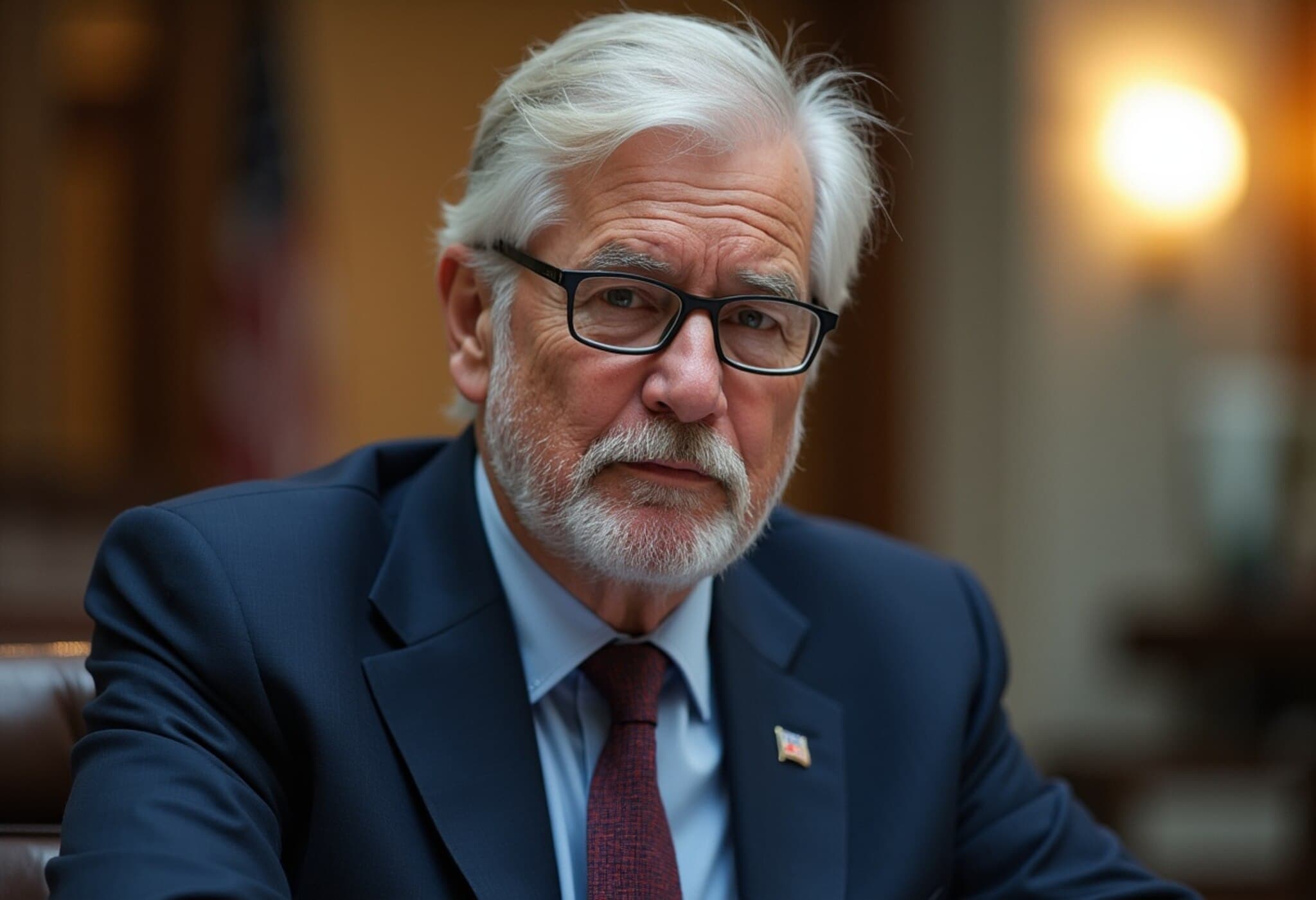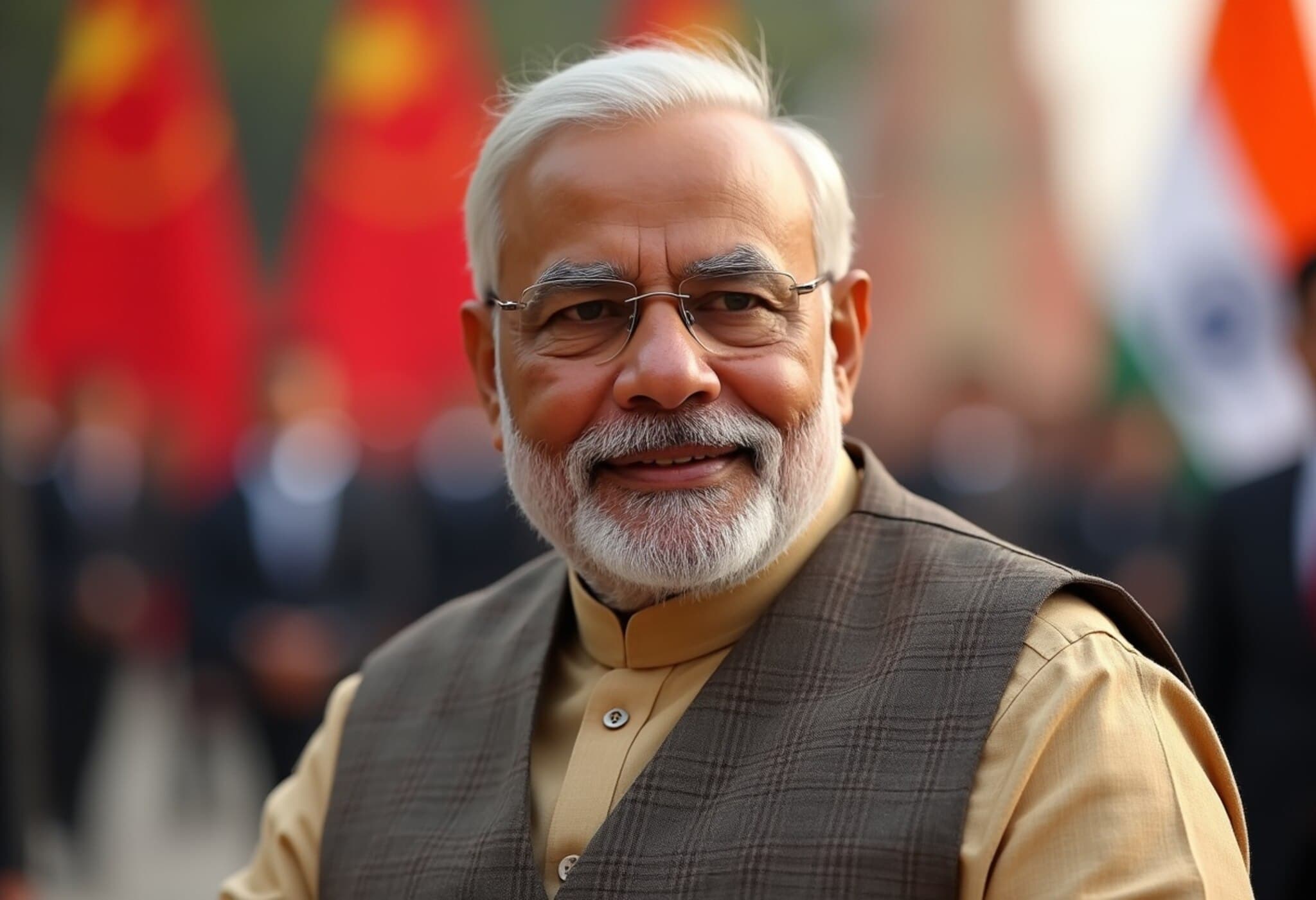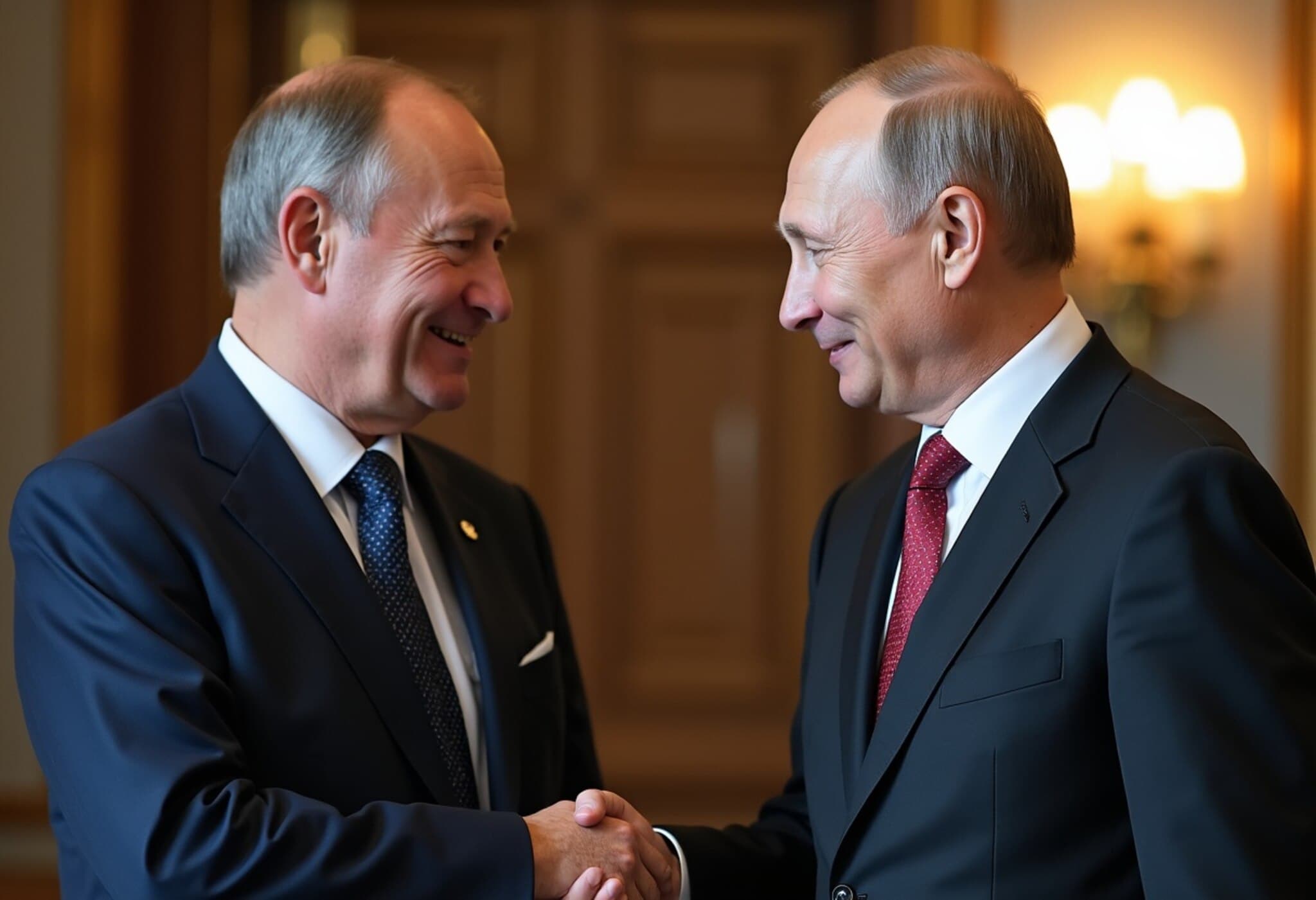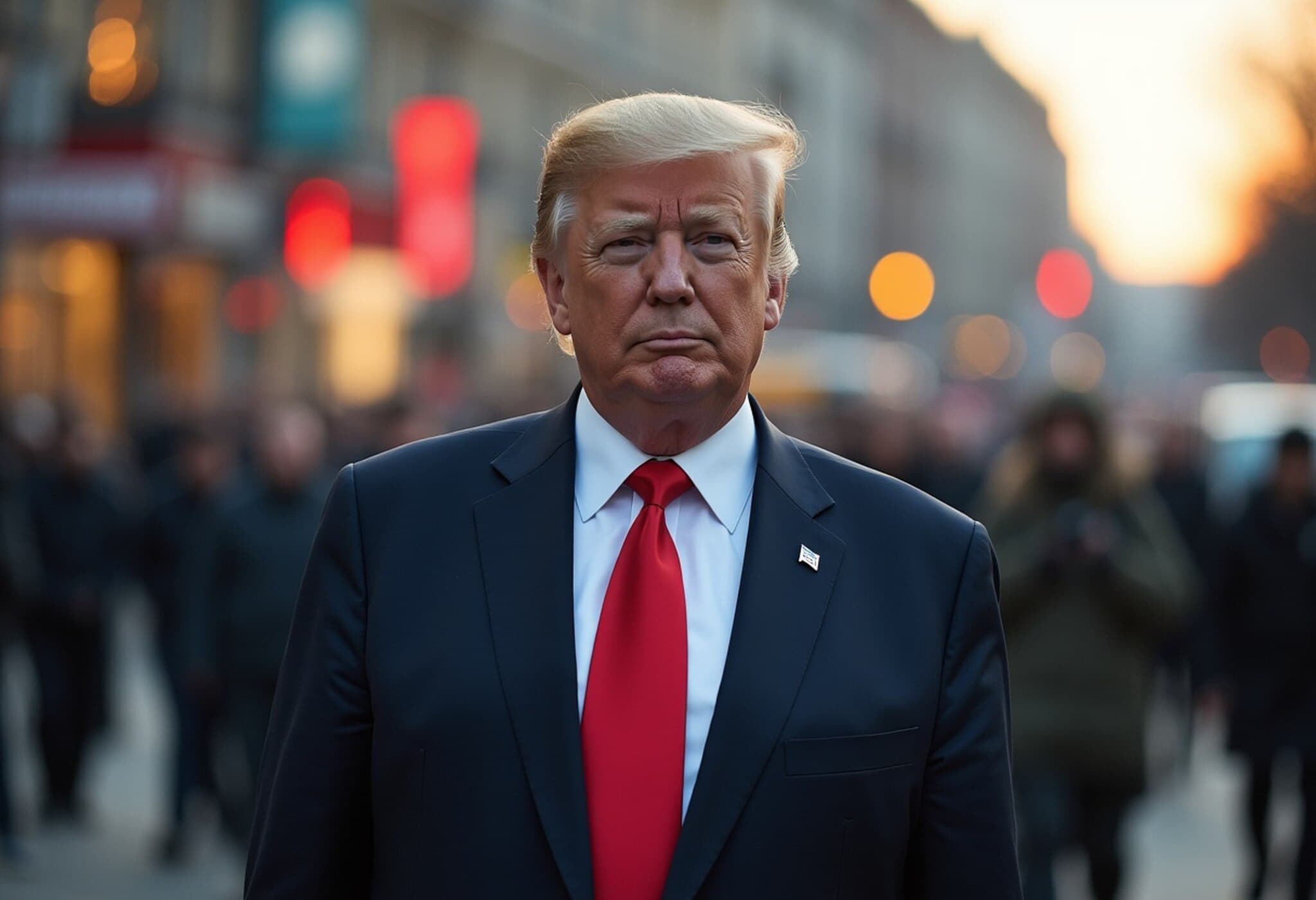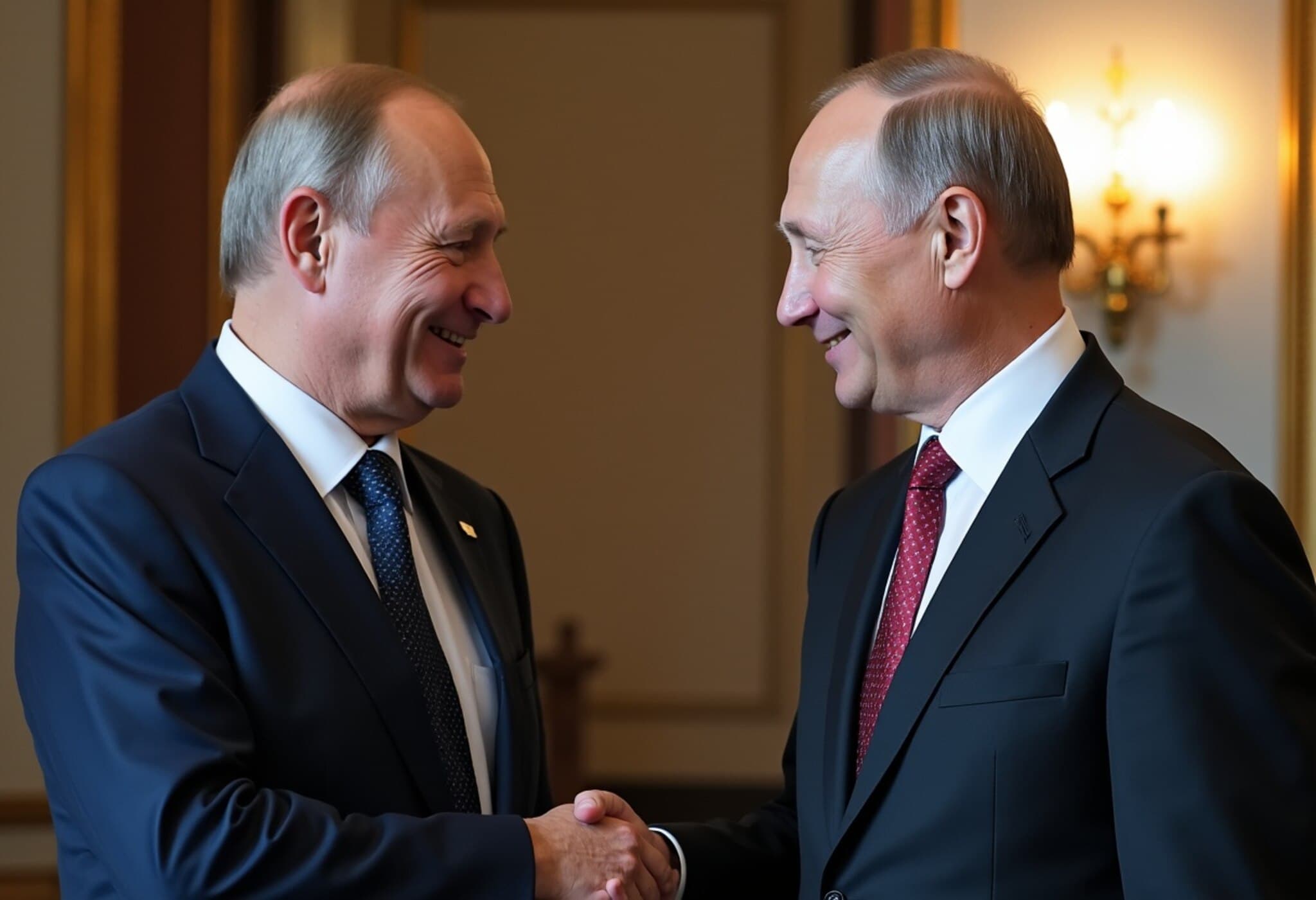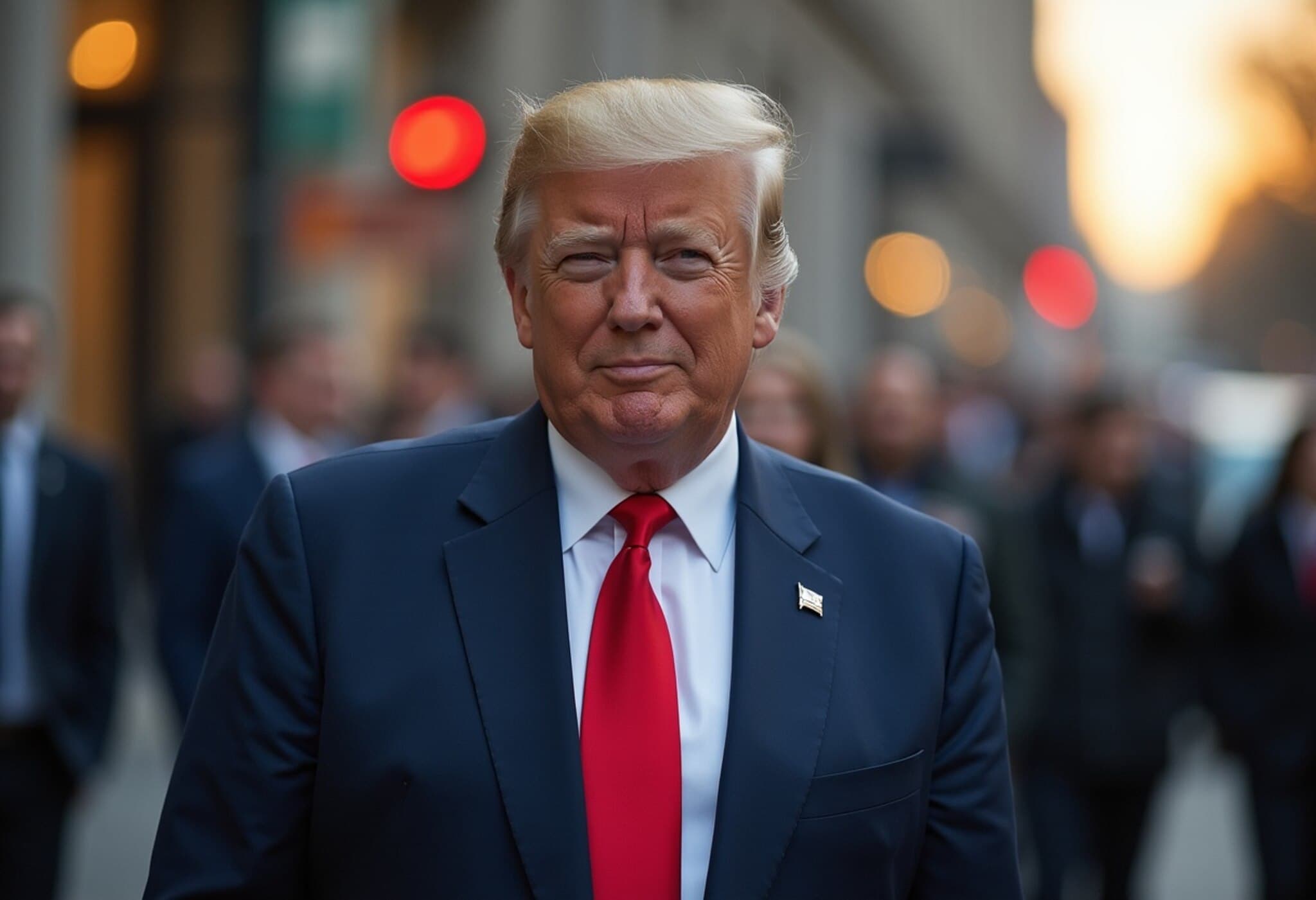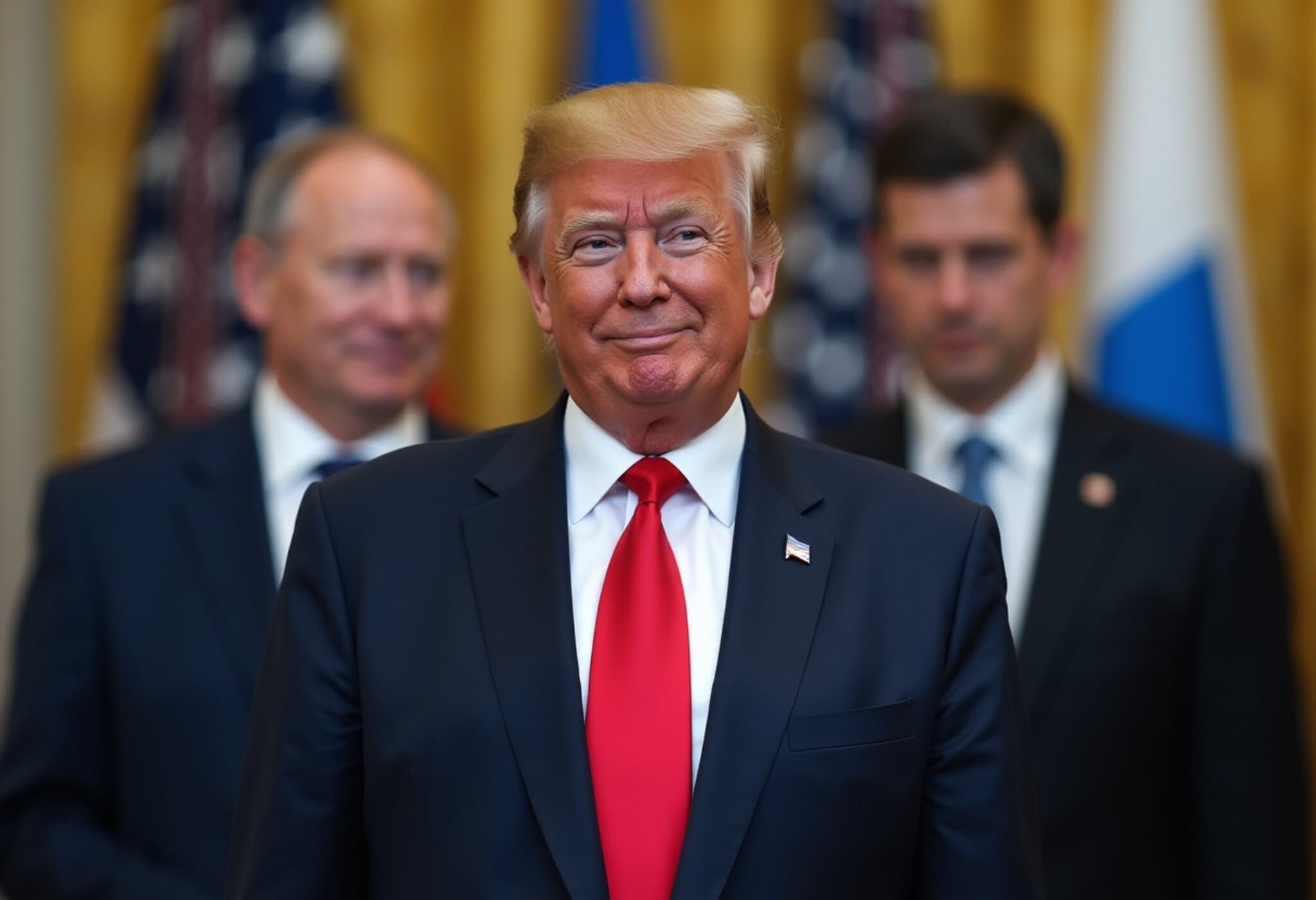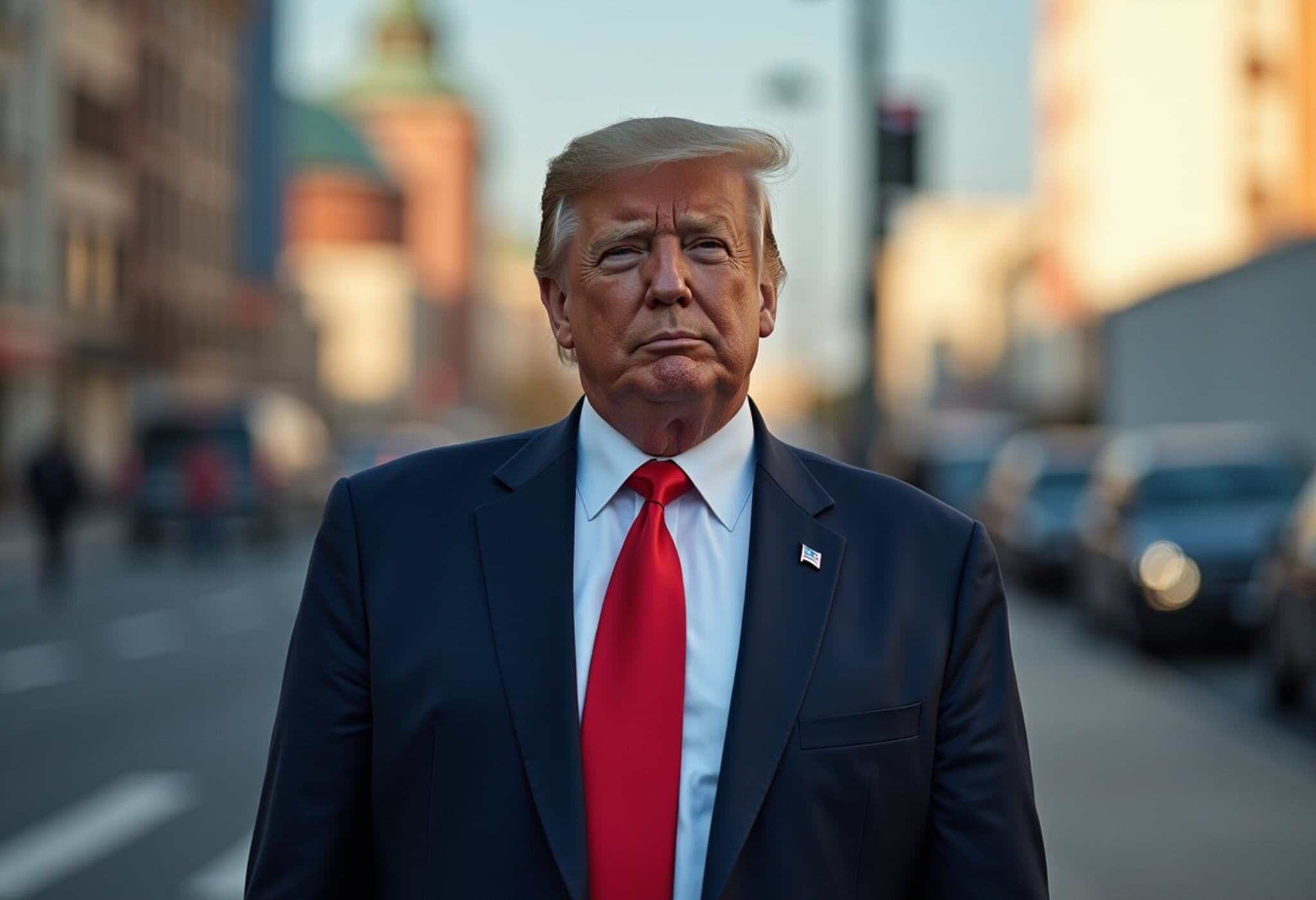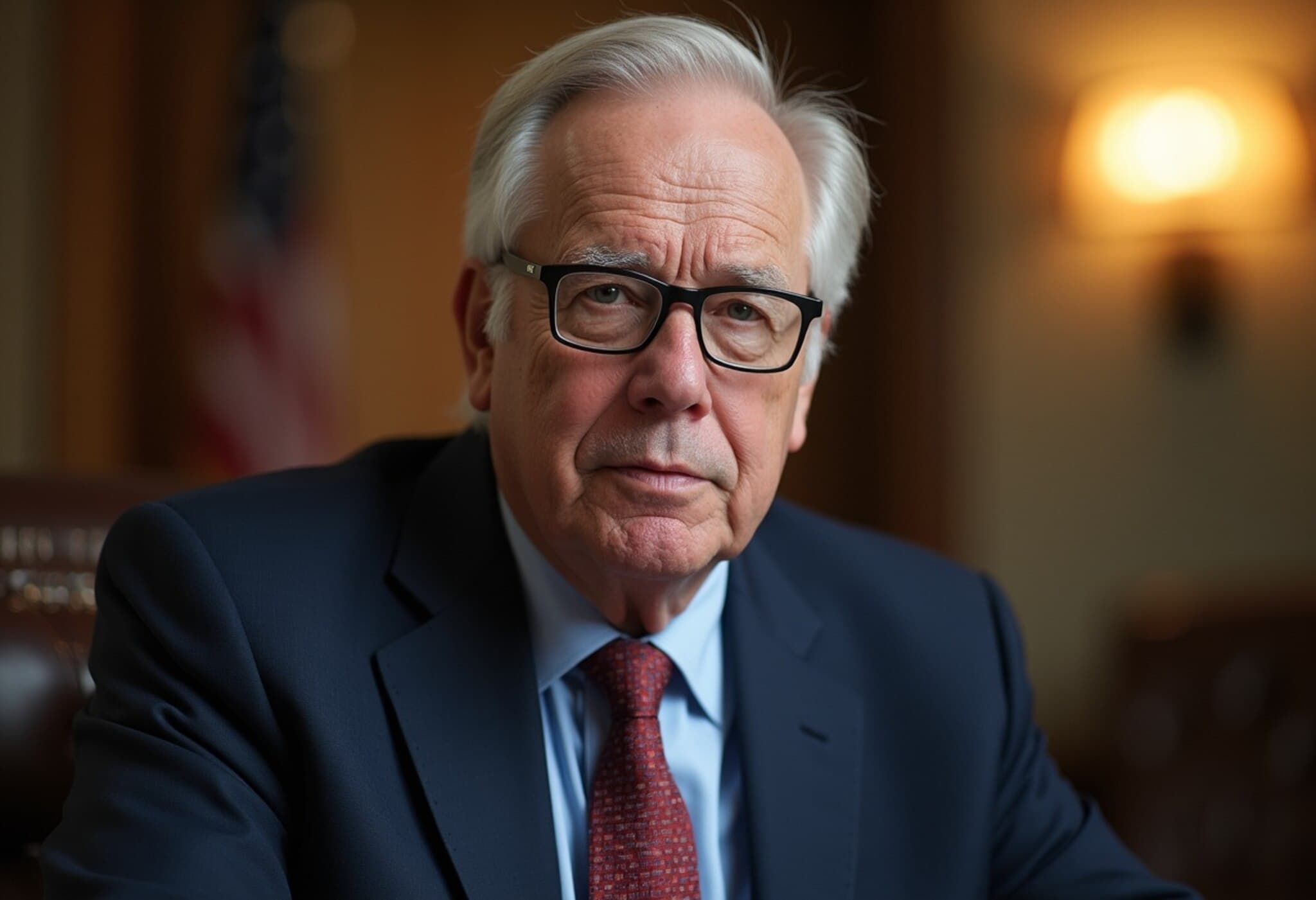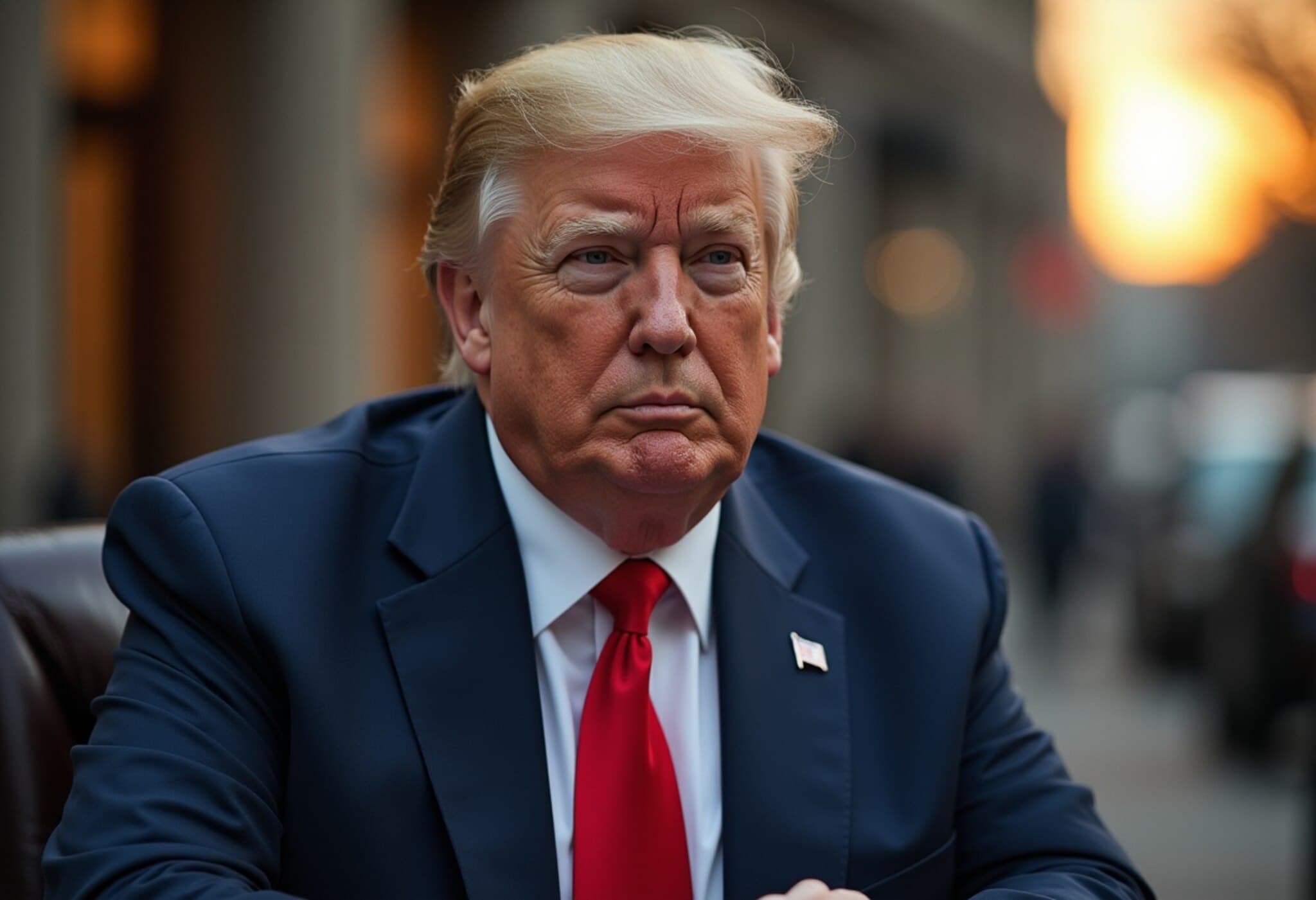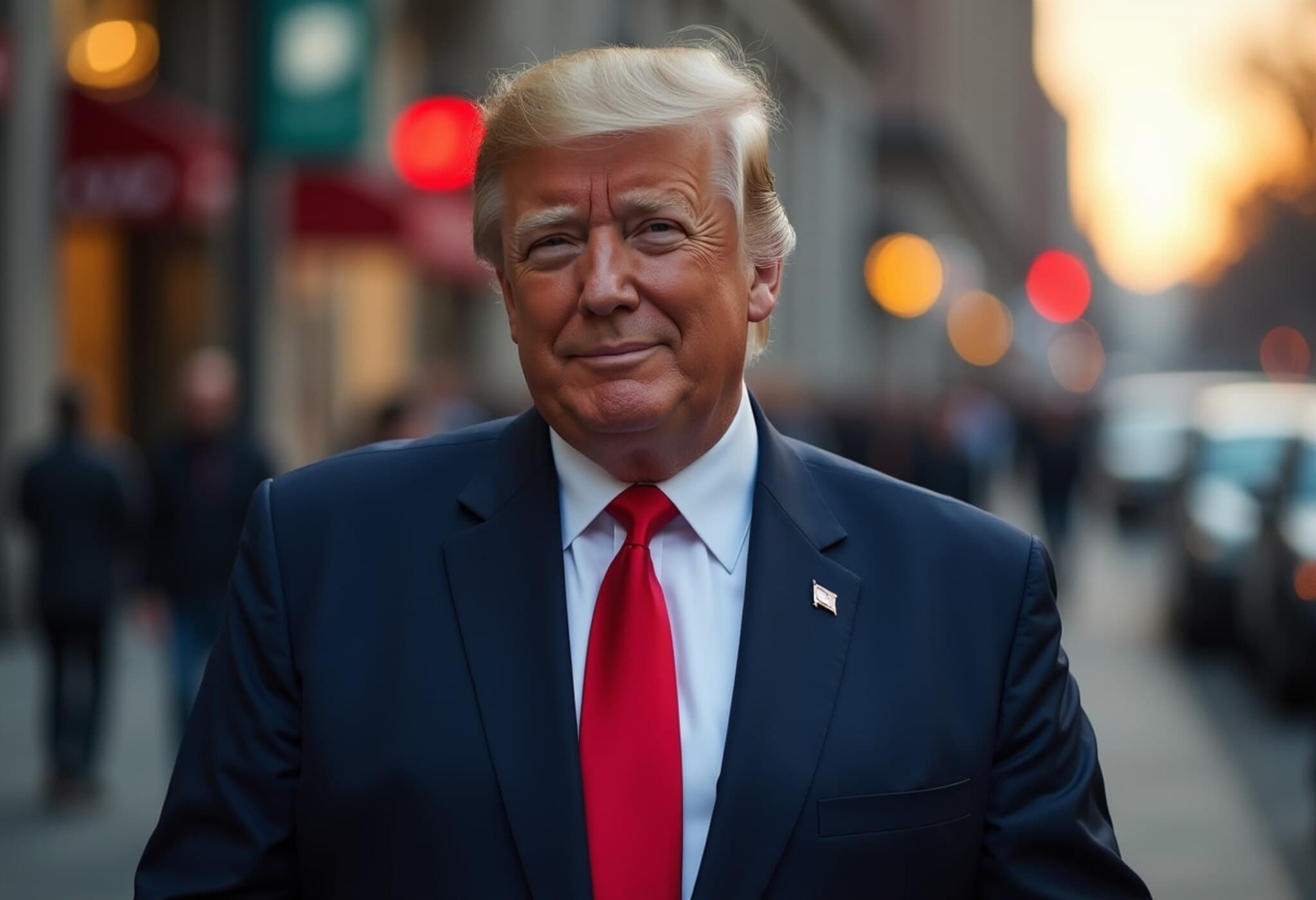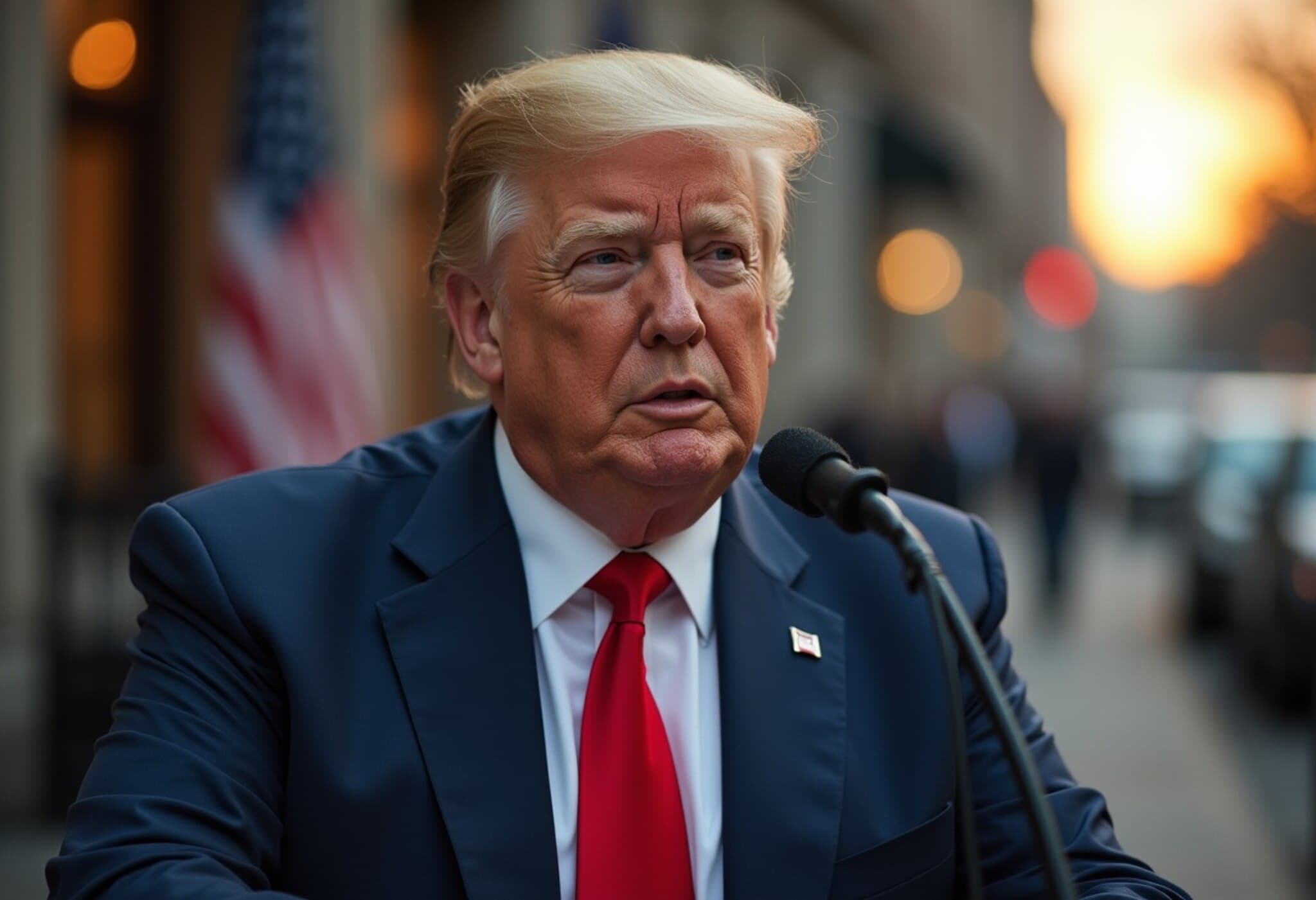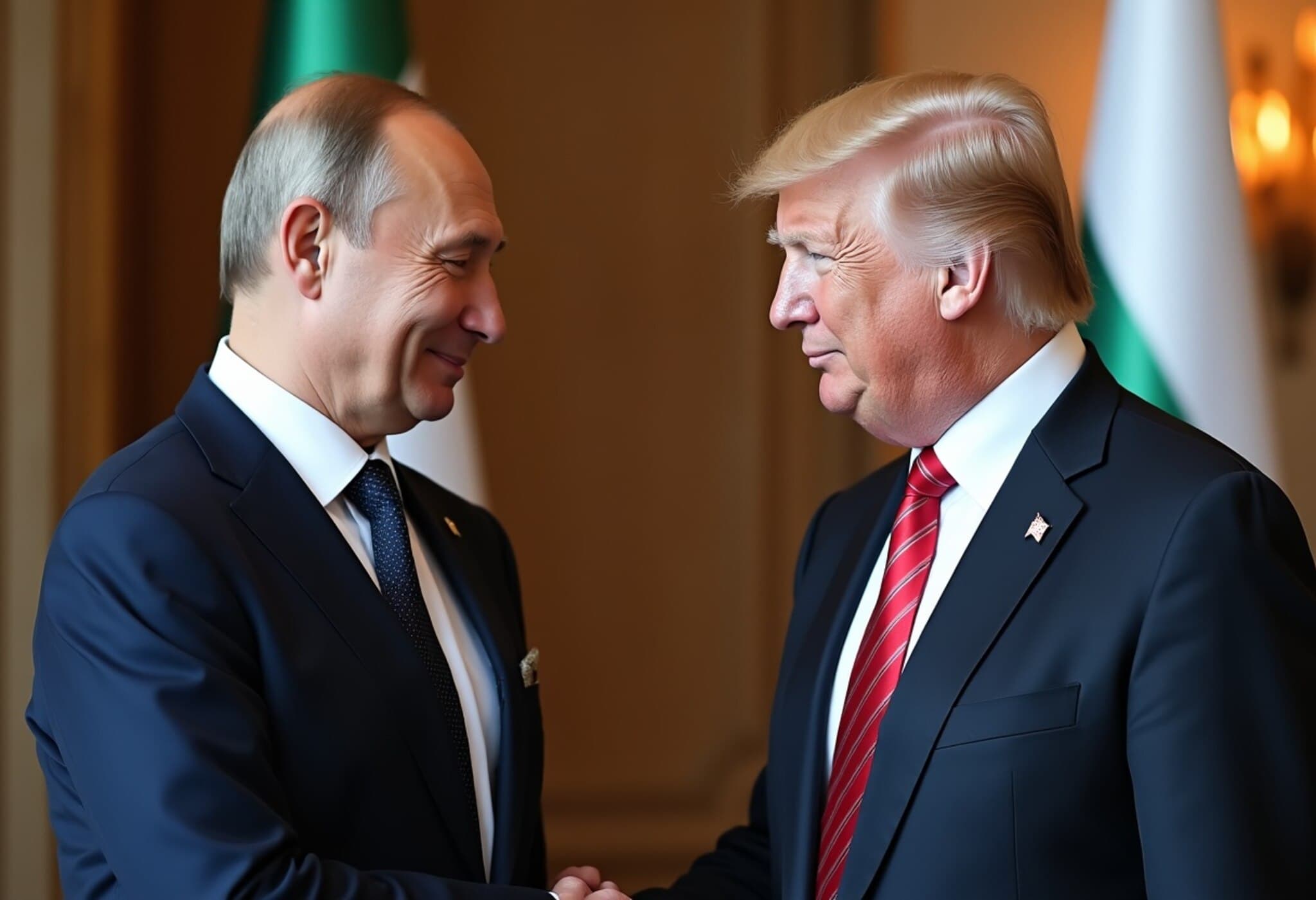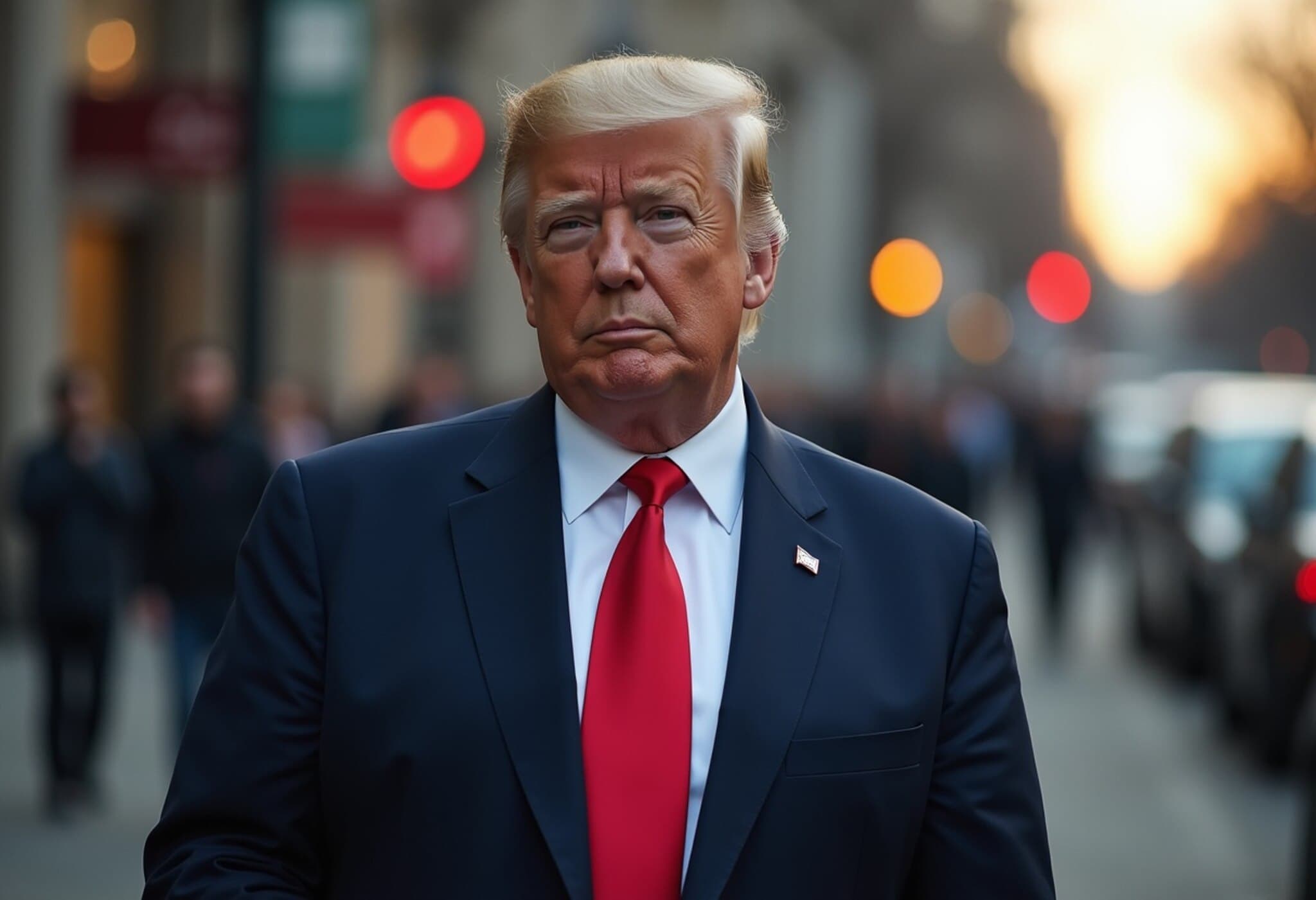Trump's Strained Ties with India Spark Diplomatic Concerns
In recent months, the diplomatic landscape between India and the United States has witnessed escalating tension, drawing the attention of global policy experts. Norwegian diplomat and former United Nations environment chief Erik Solheim has openly criticized former US President Donald Trump for policies that, according to him, are actively undermining the historically promising relationship between the world’s two largest democracies.
Solheim Questions Trump’s Approach to India-US Relations
In a statement shared widely on social media platform X, Solheim posed a provocative question: "Why does Trump work so hard to destroy the India-US relationship?" He described the trajectory of the bilateral ties as a “downgrade” that defies the expectations many had when Trump first took office.
"When Trump was elected, he enjoyed considerable popularity in India—perhaps even more so than in the US," Solheim noted. "There was a collective optimism that the relationship would blossom into an all-time romance given shared democratic values and growing economic partnerships." However, that optimism has been dampened by a series of policy decisions perceived as adversarial or dismissive of India’s role on the world stage.
Key Decisions Impacting the Strategic Partnership
Solheim highlighted several actions that have frayed ties between the two nations:
- Marginalizing India’s Diplomatic Role: Trump’s administration claimed sole credit for facilitating the India-Pakistan ceasefire, effectively sidelining India’s diplomatic contribution and agency.
- Diplomatic Missteps with Pakistan: The unprecedented decision to host Pakistan Army Chief General Asim Munir at the White House for a private two-hour lunch, bypassing Pakistan’s elected civilian leadership, was widely deemed a diplomatically insensitive move toward an important regional player.
- Dismissive Economic Commentary: Trump publicly labeled India’s economy as “dead” — a stark contrast to India’s status as the fastest-growing major economy globally, signaling a lack of respect for India's economic progress.
- Tariff Wars: The imposition of a 25% tariff on Indian imports, following India's reluctance to open its market to US agricultural products, was seen as economically short-sighted. Additionally, a further 25% tariff was added after India joined many Global South countries in advocating for a ceasefire in Ukraine without endorsing sanctions against Russia.
The Broader Geopolitical Implications
Solheim’s critique goes beyond individual policy choices, warning of a dangerous pattern that could destabilize not only bilateral relations but also the broader geopolitical landscape.
"We are at a pivotal moment in global geopolitics," he emphasized. "Loyalty and long-standing alliances seem to hold little weight in this administration’s approach, which risks alienating key partners at a time when unity is more crucial than ever."
Expert Commentary: What This Means for the Future
From an American policy perspective, this strain calls for urgent reevaluation. India plays a critical role in regional stability, countering authoritarian influences, and acting as an economic powerhouse. Alienating such a partner through trade wars and diplomatic slights may undermine US strategic interests in Asia and beyond.
Economically, tariffs on Indian goods could hurt US consumers by disrupting supply chains and increasing costs. Politically, undermining India’s diplomatic stature risks pushing it closer to other global powers, potentially complicating US foreign policy objectives.
For India, balancing its economic sovereignty and strategic partnerships involves navigating these challenges carefully. The resilience and adaptability of the India-US relationship may depend on mutual respect and recognition of each nation’s aspirations on the world stage.
Looking Ahead: Questions for Policymakers
- How can future US administrations rebuild trust and cooperation with India while respecting its domestic priorities?
- What strategies can India adopt to assert its diplomatic agency amidst shifting global alliances?
- How will trade policies evolve to balance economic interests without compromising strategic partnerships?
Editor’s Note
Erik Solheim’s pointed criticism of former President Trump’s India policies sheds light on the fragility of international alliances in an unpredictable geopolitical era. It underscores the need for thoughtful diplomacy rooted in respect and shared values. As global challenges grow more complex, ensuring Brazil-US relations remain strong will require nuanced engagement rather than transactional approaches. Readers are invited to consider how economic measures, diplomatic gestures, and political rhetoric collectively shape the future of one of the 21st century’s most significant bilateral relationships.

